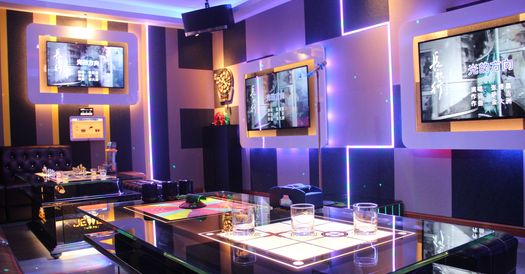By Joel Nguyen, Epoch Time Staff
Mittelstand firms are an important part of the German economy. They are small and medium-sized firms that are usually family-owned, export-oriented, and world-class in a niche market. These firms account for 99 percent of German firms and generate about 68 percent of Germany’s total exports.
In some regards, the Mittelstand firms are similar to Singaporean SMEs (small and medium-sized enterprises). But when it comes to innovation the Mittelstand firms are far ahead compared to their Singapore counterparts. What exactly makes the Mittelstand firms so successful, and what lessons can we draw from them?
Innovations in German Mittelstand
According to Germany’s Federal Ministry for Economic Affairs and Energy (formerly known as the Federal Ministry of Economics and Technology), “The ‘German Mittelstand’ firms are some of the most innovative in Europe: 54 percent of them launched an innovation onto the market in the 2008–2010 period.”
Dr Bernd Venohr, a German management consultant and entrepreneur, says that the Mittelstand firms concentrate all of their resources to niche markets. With this strategy, it is easier for them to become world leaders in their respective markets.
Continuous innovation plays a critical role in the success of Mittelstand firms. Instead of focusing on radical or transformational innovations, these firms concentrate their efforts on incremental innovations and try to achieve continuous improvements in their products and processes. This strategy ensures that their products become better and their processes become more efficient over time.
Philipp Klais—owner of Orgelbau Klais, a firm that builds pipe organs—said in an interview with Inc. magazine: “Often, innovation is defined as something that changes a market. But to me, it is where you individually develop something for your customer. It may be a very, very small detail. But it shows understanding and respect.”
Razor-thin focus, or extreme focus, is another vital ingredient in the Mittelstand’s recipe for innovative success. Anton Wolfgang Graf von Faber Castell, CEO of the pencil maker company Faber Castell, said in an interview with CNN:
“We have a product which causes a yawn, pencils. But we have to stick to it and we have to try within this framework to improve, to constantly optimise the product. If you have the curiosity, you have the right people, you will always find things to improve.”
As stated in an article on Mittelstand firms by the Harvard Business Review, “… Extreme focus is an often-overlooked way to innovate a business model — for startups and established firms alike.”
Lastly, Mittelstand firms usually adopt dual training systems and apprenticeship programs, where the trainees split their time between vocational training at school and a practical job at the company. This system enables the trainees to familiarise with their job more quickly, while the firms gain access to more skilled employees.
















